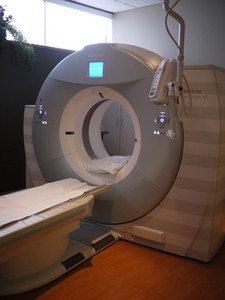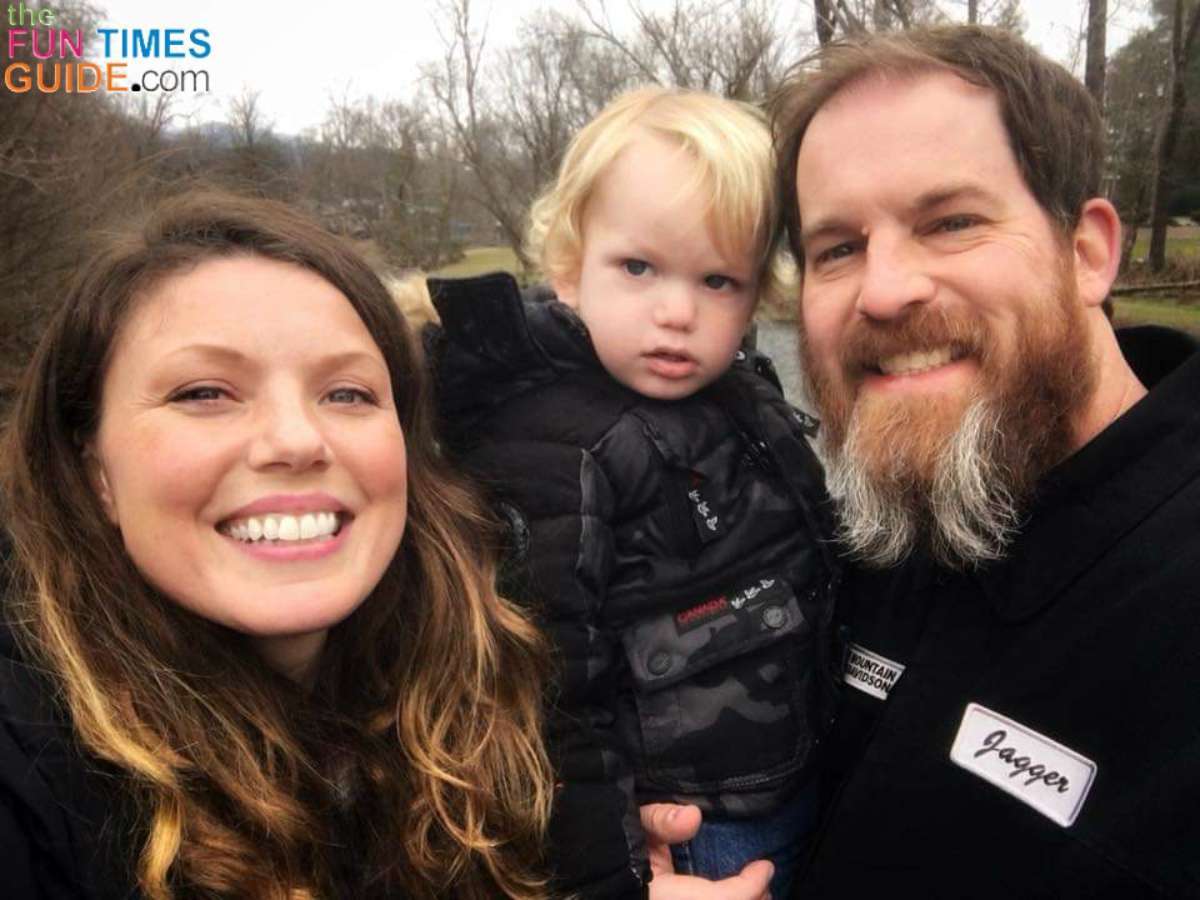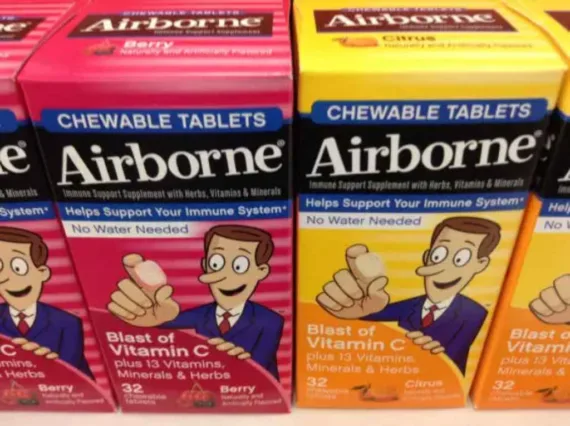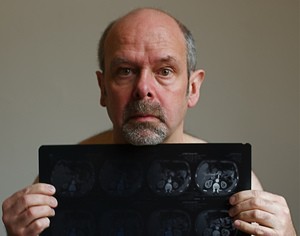 I recently read an article entitled Over Exposed in Good Housekeeping that really struck a chord with me.
I recently read an article entitled Over Exposed in Good Housekeeping that really struck a chord with me.
I haven’t had a CT scan (yet), but I’ve had an MRI, and I’ve often wondered about the lasting effects of having such tests — in terms of radiation. For the record, MRI scans do not expose you to radiation.
These are some of the key points about CT scans that jumped out at me:
- CT scans save lives by helping doctors diagnose serious illnesses and injuries. But they can also cause cancer. Even CT scans which provide low-dose exposure to radiation can ultimately lead to cancer.
- Scientists at the National Cancer Institute predicted that about 15,000 Americans would die of cancer from the CT scans given in a single year.
- When CT scans are done: whenever an x-ray shows something unusual or irregular.
- Why CT scans are helpful: they take 3D pictures of soft tissue and bone that are so detailed they can reveal abnormalities as small as a grain of rice.
- Why CT scans are bad: they deliver a huge dose of radiation (compared to regular x-rays) that can make people very sick later on down the road (typically 10 to 20 years later).
- The CT unit rotates around the body, taking multiple cross-sectional images, so CT scans expose you to far more radiation than a traditional X-ray does. Some examples:1 CT head scan = 30 chest x-rays
1 CT chest scan =119 chest x-rays
1 CT abdomen scan = 234 chest x-rays
Doses vary depending on the type of scan, the machine itself, and the facility performing it. - Your chance of getting cancer from a single CT scan is small (1 in 1,000). The risks associated with radiation accumulate — getting higher with each scan you have over your lifetime.
- Organs near the area being scanned are at the greatest risk. For example, a heart scan increases your risk of lung or breast cancer; a head scan raises your risk of thyroid cancer.
- Childrens’ cells are still dividing in their developing bodies, so they face higher risks from CT scans.
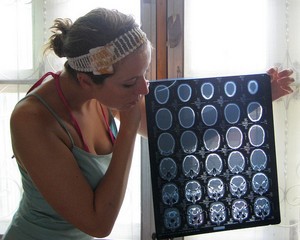 Women (or people with smaller frames) are especially susceptible to radiation, as is breast tissue in particular. Nearly 1 in 5 women (19%) aged 45 to 64 has had at least one CT scan in the past year.
Women (or people with smaller frames) are especially susceptible to radiation, as is breast tissue in particular. Nearly 1 in 5 women (19%) aged 45 to 64 has had at least one CT scan in the past year.- Doctors put all their faith in CT scans. Experts say that many doctors are now far too quick to order CT scans, and that at least one-third (maybe up to one-half) are unnecessary. Of the 70 million CT scans done in 2009, at least 23 million were unnecessary.
- False alarms are common and often lead to even more unnecessary CT scans and MRIs.
- Unfortunately, it’s hard to get doctors and the medical community to undo something that’s become so routine.
- In one year, the FDA found that 375 people received up to 8 times the expected dose during CT scans of the brain. Most were performed at one specific facility. In some states, hairdressers are better regulated than people who perform medical radiation procedures.
- One CT scan costs a patient about $800
More About CT Scans & The Effects Of Radiation
ABC News: Doctors Warn Patients Undergoing CT Scans
MSNBC: Patients Underestimate CT Scan Radiation Risks
CBS News: CT Radiation Risks (Videos)
USA Today: Radiation From CT Scans Linked To Cancer & Deaths
NPR: Radiation From CT Scans May Raise Cancer Risk
CT Scan Radiation May Cause Cancer Decades Later
U.S. News & World Report: What You Need To Know About CT Scan Radiation

